According to Associate Professor Dr. Bui Hoai Son, in the new era that Vietnam is entering, culture can contribute to promoting economic development and affirming national identity in the international arena.
 |
| The flow of traditional culture continues to be promoted by young people. In the photo is a performance at the concert Anh trai vu ngan cong gai . Photo: Phuong Lam. |
- Entering the new era, how will the role of culture and art be different from previous stages and periods?
- Compared to previous periods, the role of culture and arts in the new era is not only limited to preserving and maintaining national identity but also expanding to other important areas such as creative economy, international exchange and building national image.
In the past, especially during the extremely difficult war periods, culture and art played a good role in nurturing the national spirit and creating solidarity.
However, in the current era, when Vietnam is entering the process of rapid integration and development, culture and art have become a part of the nation's "soft power", playing a role in affirming the country's position in the international arena.
In the new era, when Vietnam enters the process of rapid integration and development, culture and art have become a part of the nation's "soft power". Associate Professor, Dr. Bui Hoai Son
In previous periods, culture was often considered a non-profit sector, mainly relying on state patronage. However, in the new era, culture and art are not only spiritual heritage but also important economic resources.
The cultural industry is growing strongly with contributions from fields such as cinema, music, fashion, media and advertising. Art products not only bring aesthetic value but also have clear economic value. Music or film works can bring in large revenues, create jobs and promote tourism.
Furthermore, these creative industries also create opportunities for young artists and entrepreneurs to demonstrate their talents and bring unique creative products, not only serving the domestic market but also targeting the international market.
Another indispensable role of culture and art in the new era is to create a sustainable development environment. Culture is the glue that connects people to people, creates solidarity and social consensus, and helps society stabilize and develop.
Cultural values, from traditional to modern, are the principles and standards that guide the country's development, helping to form a fair, democratic and civilized society. Investing, developing and properly orienting culture and arts will be the decisive factor for Vietnam's sustainable development in the coming decades .
Cultural development requires the cooperation of the state and private sector.
- To create conditions for cultural and artistic development, what factors do you think are needed?
- I think that to create conditions for culture and arts to develop strongly in the new era, the state, society and the private sector need to have a comprehensive and synchronous approach.
Accordingly, the State needs to continue to improve the legal system related to culture and art, from copyright, intellectual property to preferential policies and investment for artists and cultural organizations. A clear, open policy framework that protects the rights of individuals and organizations operating in this field is a prerequisite, including financial support policies, preferential taxes for cultural enterprises, as well as funds to support artistic creation.
Although culture and arts are increasingly becoming an area where the private sector can participate, the role of the state in public investment remains irreplaceable.
The State should focus resources on preserving and developing traditional cultural values, building cultural infrastructure (museums, libraries, theaters) and supporting arts education programs in schools. Investing in large cultural projects also contributes to improving the cultural life of the community and promoting creativity.
The State also needs to promote international cultural exchange activities, from organizing major cultural events, bringing artists to the world to participating in international forums and art festivals. This not only helps Vietnam promote its cultural image but also opens up opportunities to learn, exchange and cooperate with artists and cultural organizations from other countries.
The State should also create conditions for Vietnamese works of art to easily access the international market.
However, culture and art are not only a playground for professional artists but also require the participation of all social classes. It is necessary to promote the development of community cultural movements, creating many playgrounds for people to express their talents and creativity. Activities such as festivals, art competitions, and community exhibitions help to enhance cultural spirit, connect people and enrich spiritual life.
The role of education is also indispensable in building a sustainable cultural foundation. It is necessary to introduce art and culture into the educational program from an early age so that students understand the value of national culture as well as have the opportunity to access and develop artistic creativity.
In addition, art schools need to be invested in to be able to train talented, highly qualified artists, while creating conditions for them to be creative and develop.
A sustainable cultural development requires a healthy and responsible cultural and artistic consumer community. Society needs to educate and promote people to have the habit of enjoying, respecting and investing in art, not only to promote the creativity of artists but also to create momentum for the development of the cultural industry.
The private sector plays an important role in developing the cultural industry through investment in film, music, media, fashion, design and digital arts projects.
Large corporations and groups can invest in these areas in the form of public-private partnerships (PPP) or sponsor creative projects. The participation of the private sector not only provides capital but also helps cultural and artistic projects access modern technology, thereby promoting production efficiency and competitiveness in the international market.
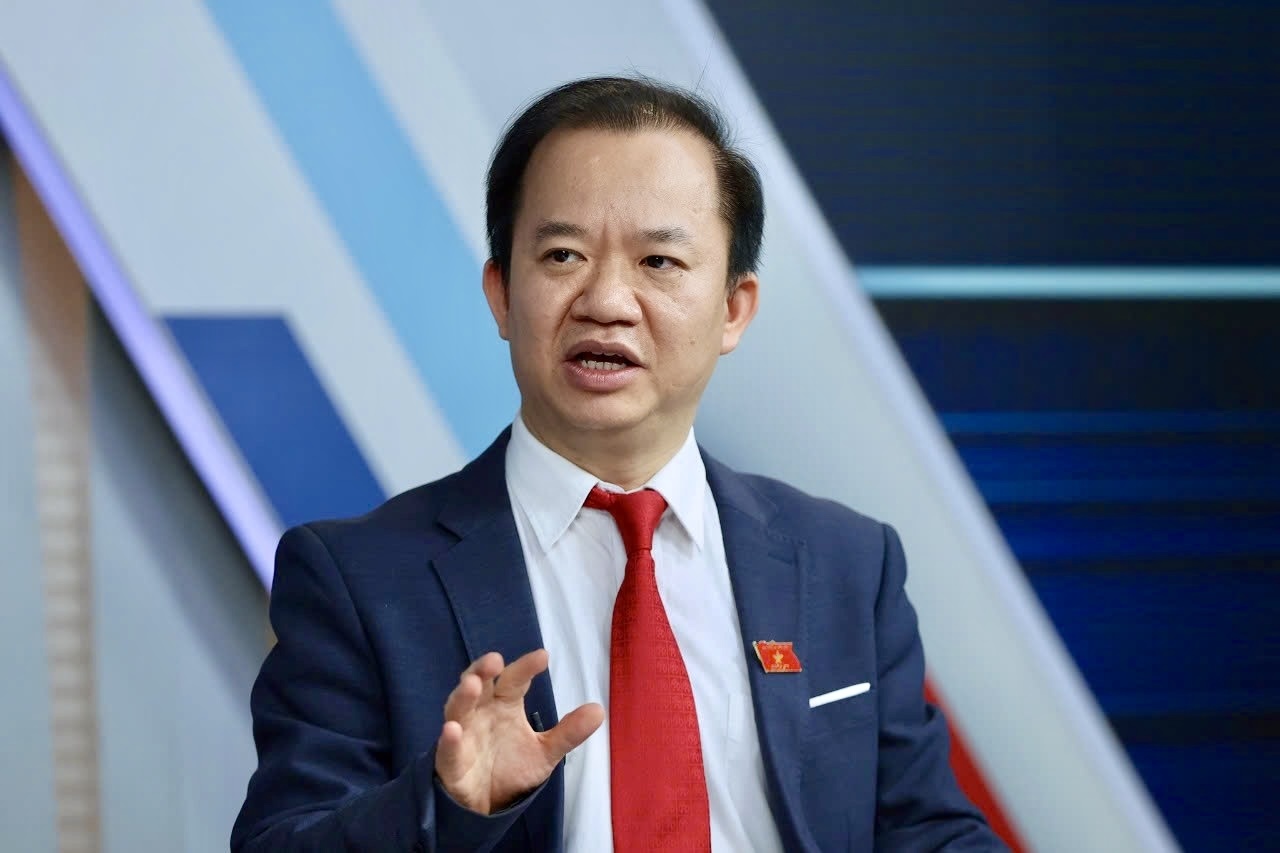 |
| Associate Professor, Dr. Bui Hoai Son. Photo: NVCC . |
Private enterprises can contribute to promoting the image of Vietnam by collaborating with artists and creating products with Vietnamese cultural and artistic elements. For example, fashion, design, or consumer product brands can integrate unique Vietnamese cultural values to create a distinct identity, while also contributing to introducing Vietnamese culture to the world.
Learning from cultural promotion policies of Korea, Japan, Singapore
- In your opinion, what policies can we learn and apply to encourage creativity and promote culture and art in the world?
- Vietnam can learn many policies to encourage creativity and promote culture and arts from East Asian and Southeast Asian countries that have made significant strides in promoting cultural industries, preserving heritage and encouraging artistic creativity.
South Korea is a typical example of success in developing the cultural industry. South Korea recently had the Nobel Prize for Literature, before that it had the Oscar for cinema. To do that, the South Korean government has implemented many strong policies to promote the development of culture and art, from cinema, music, to fashion and cuisine.
The global success of K-pop, Korean dramas and films is the result of investment not only from the government but also from the private sector and large corporations. Programs to support artists and creative companies have made Korean culture a global phenomenon.
South Korea provides subsidies and tax incentives to small and medium-sized enterprises in the cultural creative sector, in order to encourage individuals and private organizations to participate in the creative process. The Korea Creative Content Agency (KOCCA) plays an important role in managing and funding projects related to films, music, animations and video games.
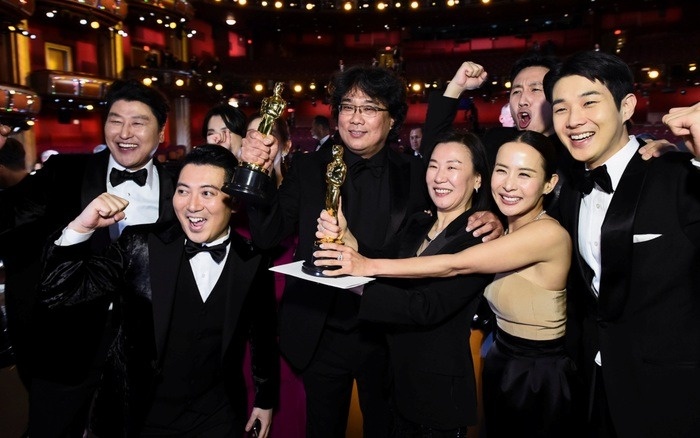 |
| Parasite crew receives Oscar. |
Japan also has very unique policies to encourage the development of culture and arts, especially in the fields of heritage preservation and development of creative industries.
Japan has been successful in preserving traditional cultural values such as tea ceremony, ikebana (flower arrangement) art and traditional festivals through financial support and facilitation for artisans.
The Japanese government has established programs to preserve intangible cultural heritage to maintain and promote the country's unique cultural values, while promoting community participation in cultural preservation.
Japan is not only famous for its traditional values, but also one of the leading countries in the field of pop culture, especially anime, manga and games. The Japanese government has introduced many support policies to help small and medium-sized businesses in the creative field, from funding small projects to international trade promotion programs to promote Japanese cultural products to the world.
Japan has invested in international cultural events to promote its image to the world. The government also sponsors art activities and exhibitions in other countries, creating opportunities to introduce Japanese artworks to the world and promote cultural exchange.
Meanwhile, Singapore is an excellent example of developing a modern art and culture that is consistent with the country's globalization goals and socio-economic development.
The Singapore government has placed culture at the core of its national development strategy, with the aim of making Singapore a "Global Cultural City".
Programs such as the “Renaissance City Plan” have been implemented to promote cultural and artistic development, including heavy investment in cultural infrastructure such as theaters, museums and libraries, and creating conditions for international and domestic artists to develop their careers.
Singapore has established the National Arts Council to provide financial support for creative and artistic projects. The fund provides grants to promote the development of artists and cultural organizations in areas such as music, literature, film and visual arts.
Singapore encourages private sector participation in cultural projects through tax incentives and public-private partnerships. Large corporations and small businesses are encouraged to invest in arts and cultural events, contributing to the nation’s cultural brand.
I think Vietnam can learn from these countries lessons about investing, preserving and encouraging creativity, promoting international culture to build a culture that is both rich in national identity and internationally integrated, creating momentum for sustainable development in the new era.
Znews.vn
Source: https://znews.vn/culture-is-a-powerful-mem-in-the-dynasty-of-the-people-post1504218.html







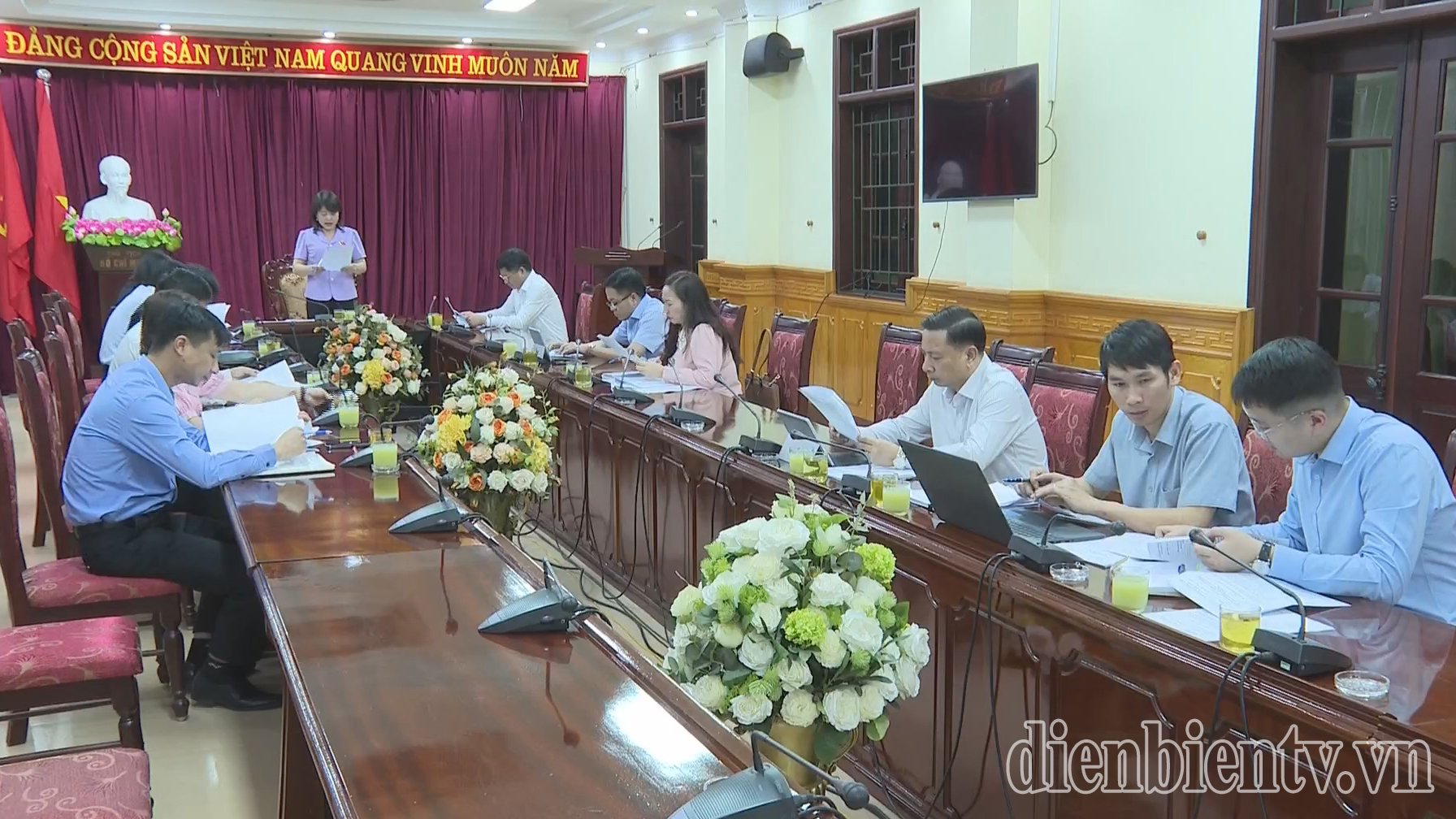

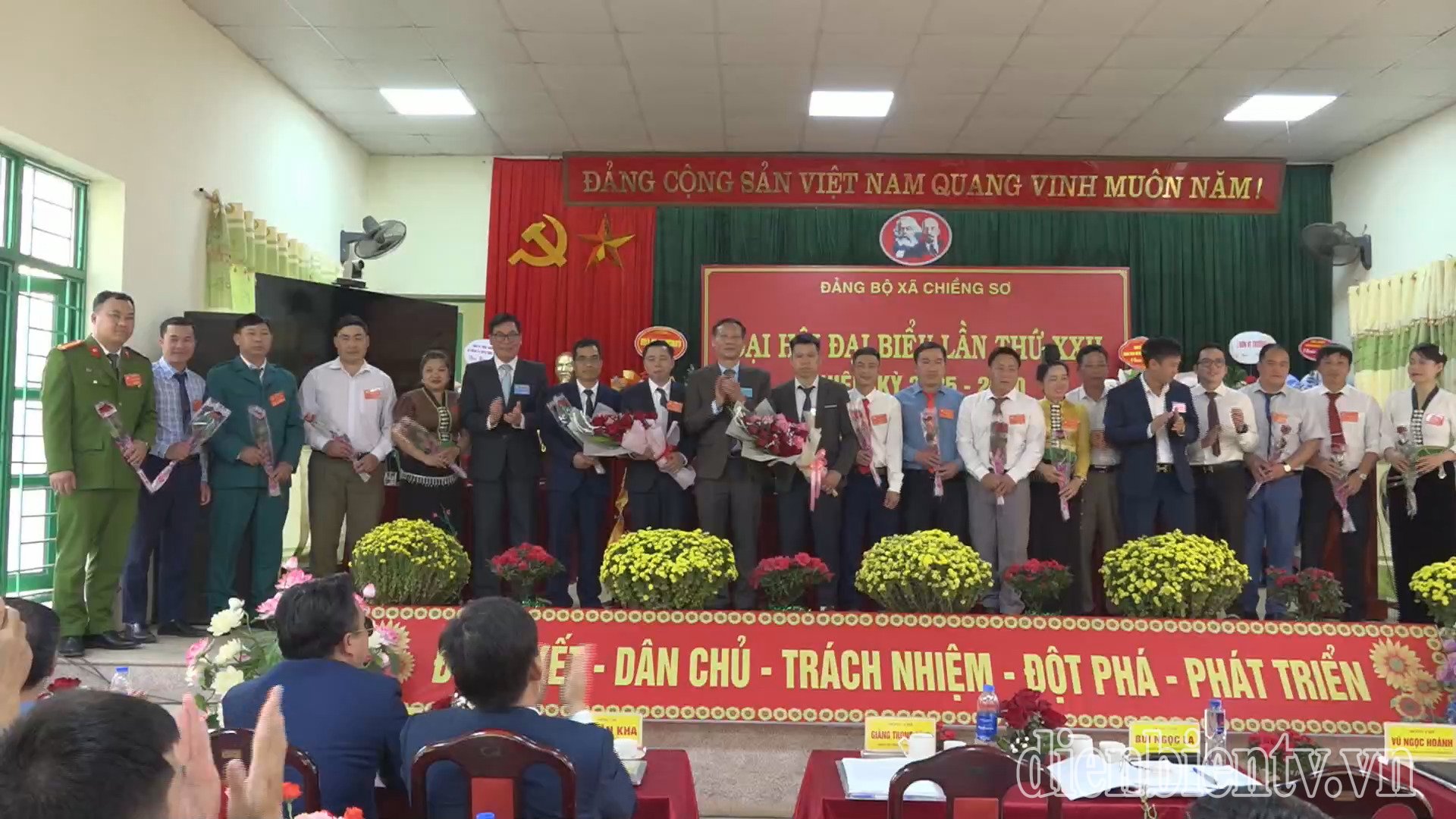
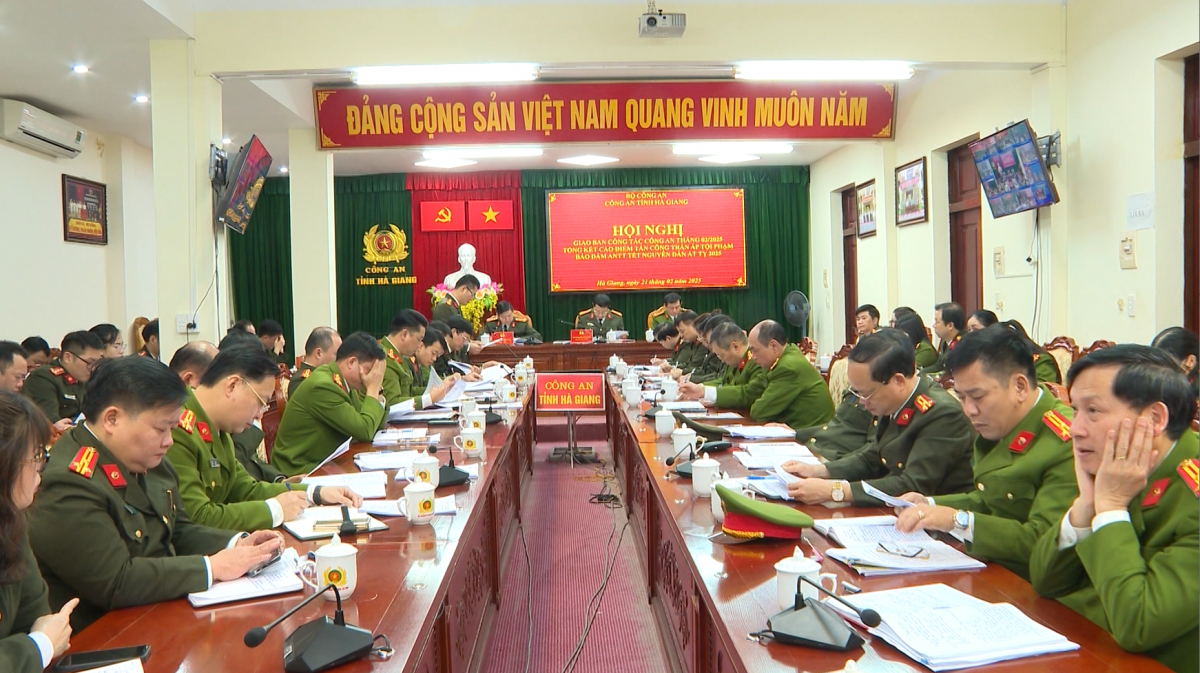
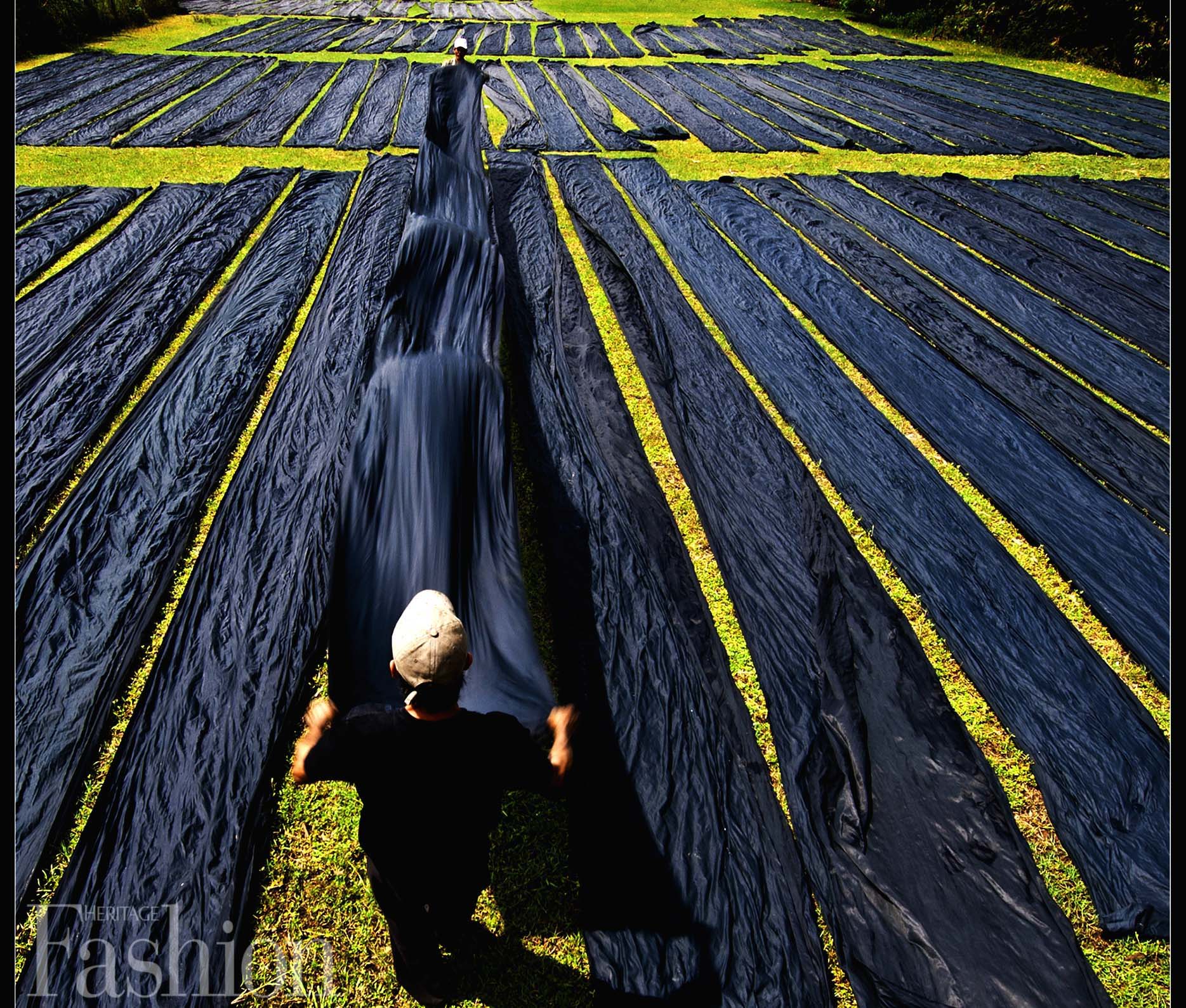

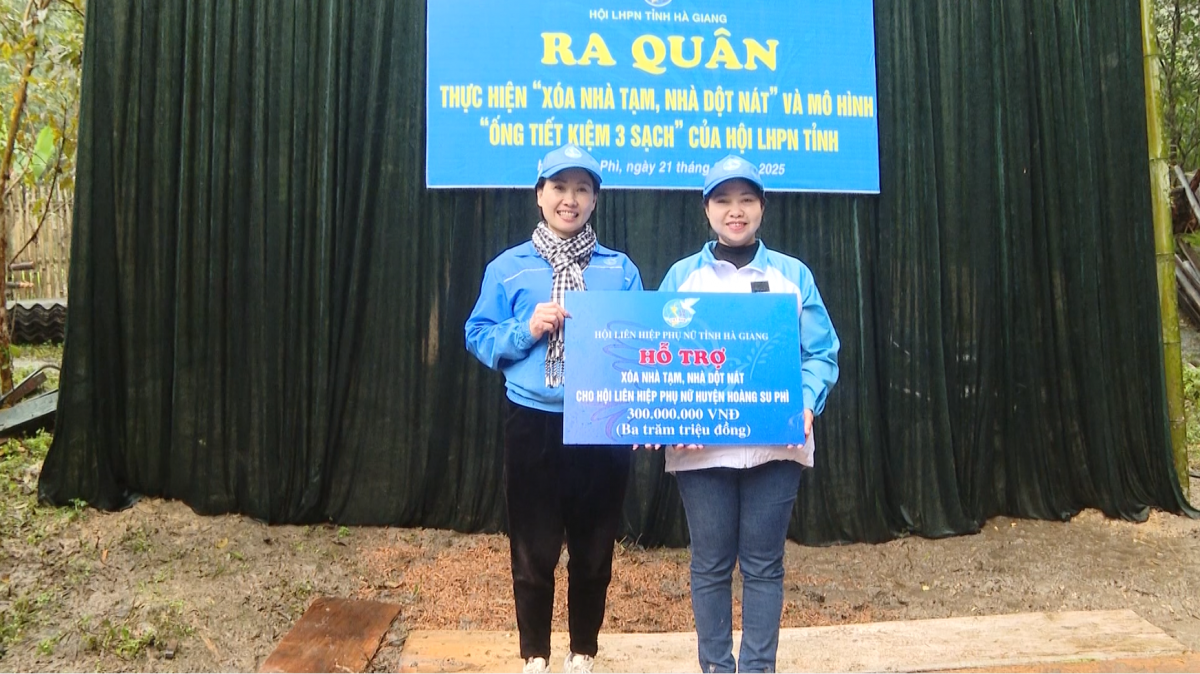






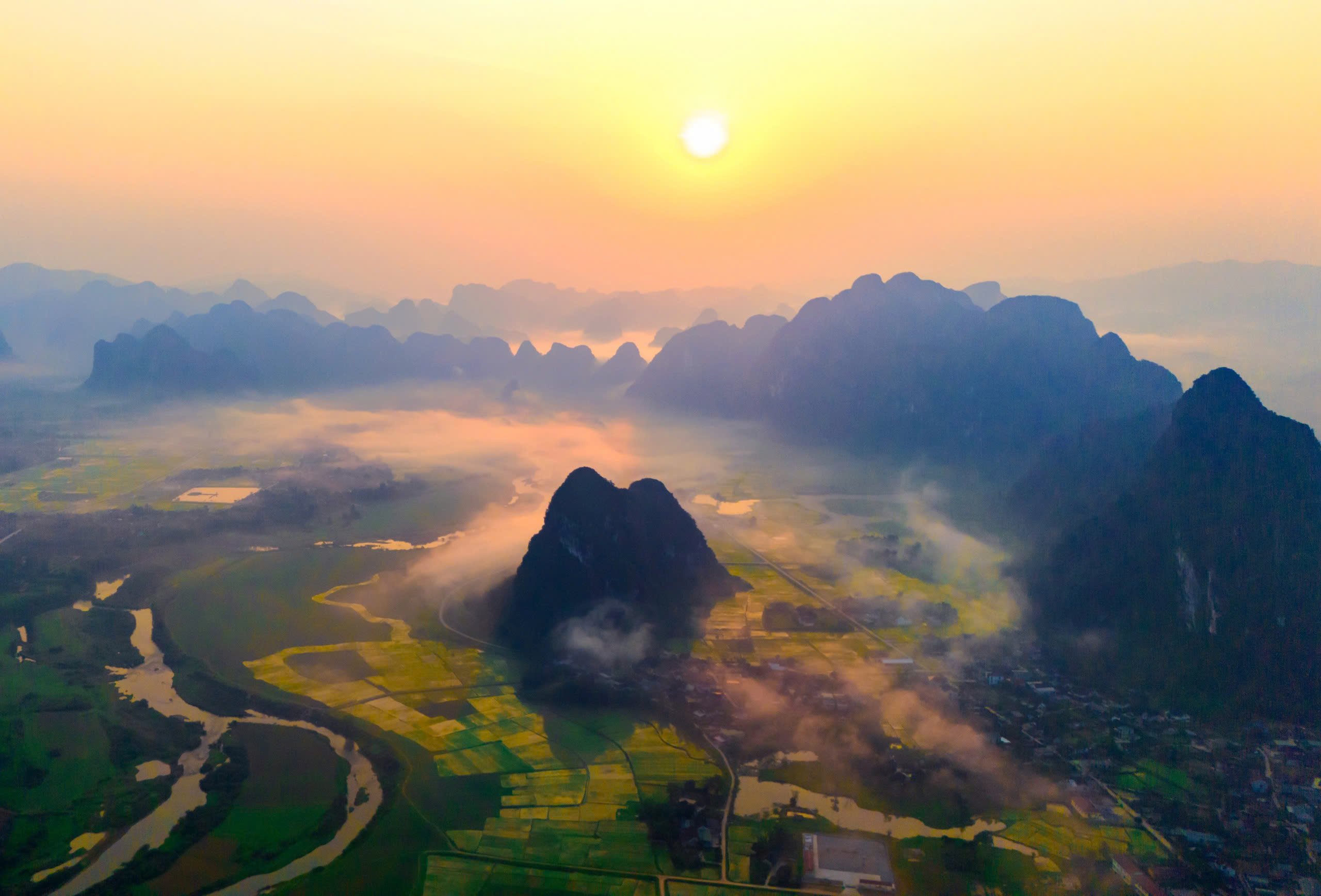


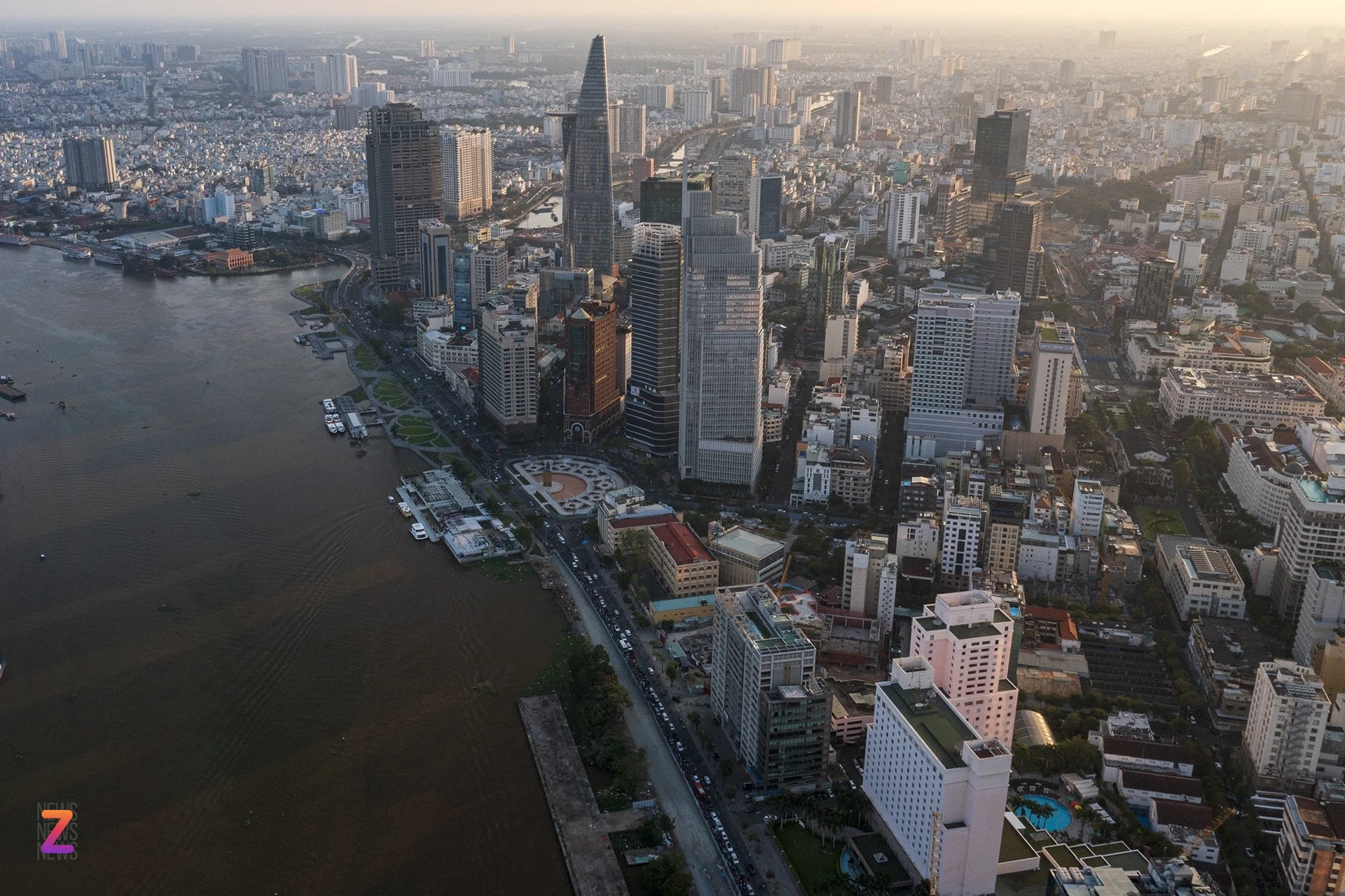


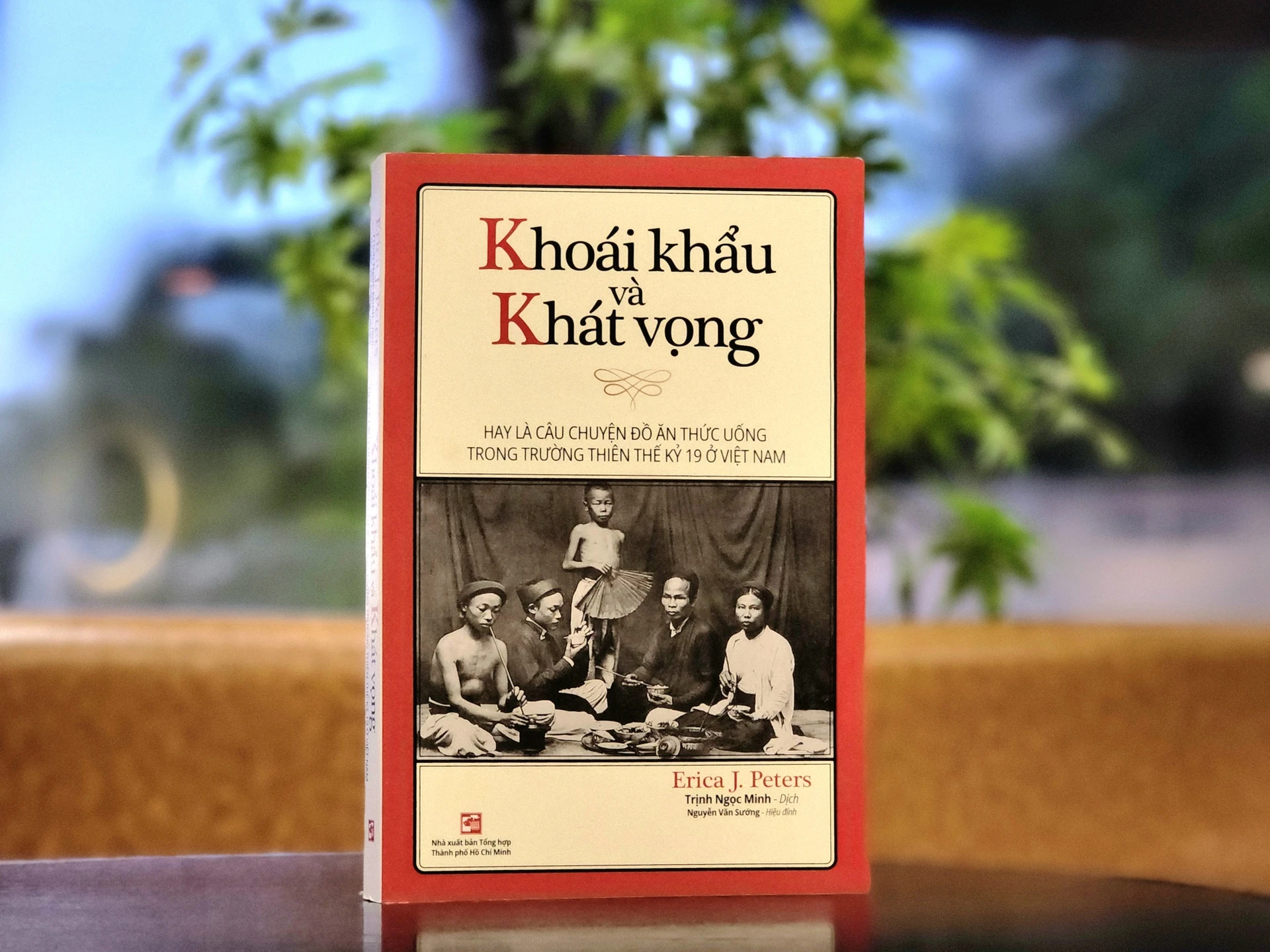
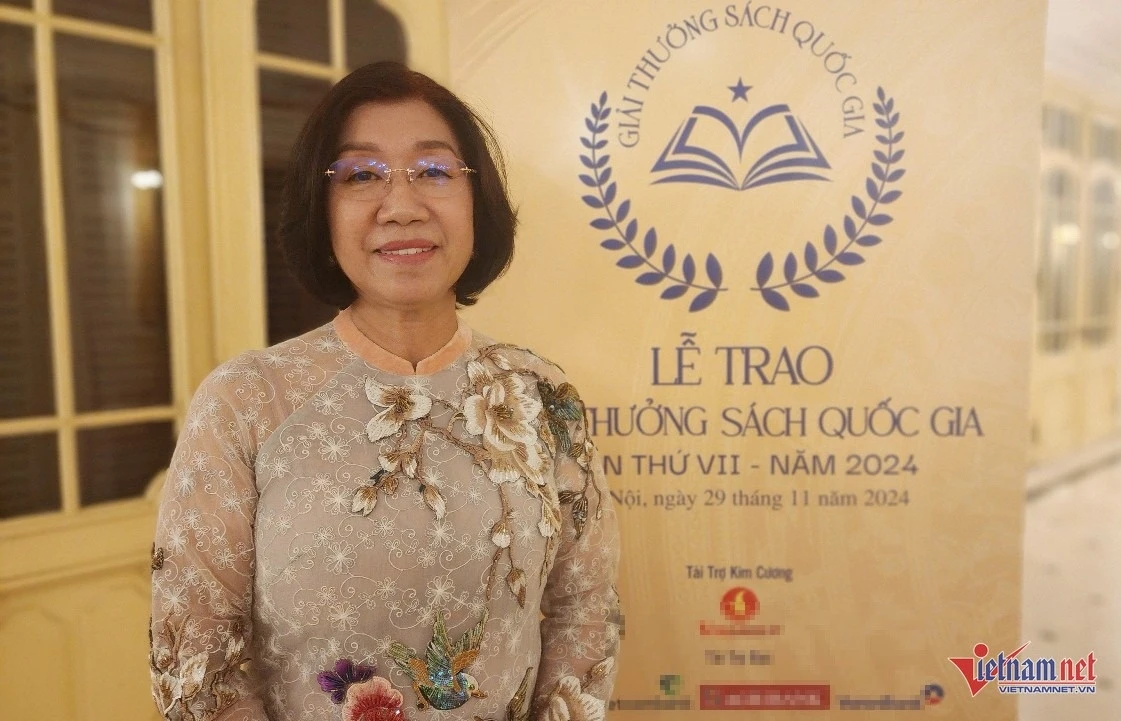
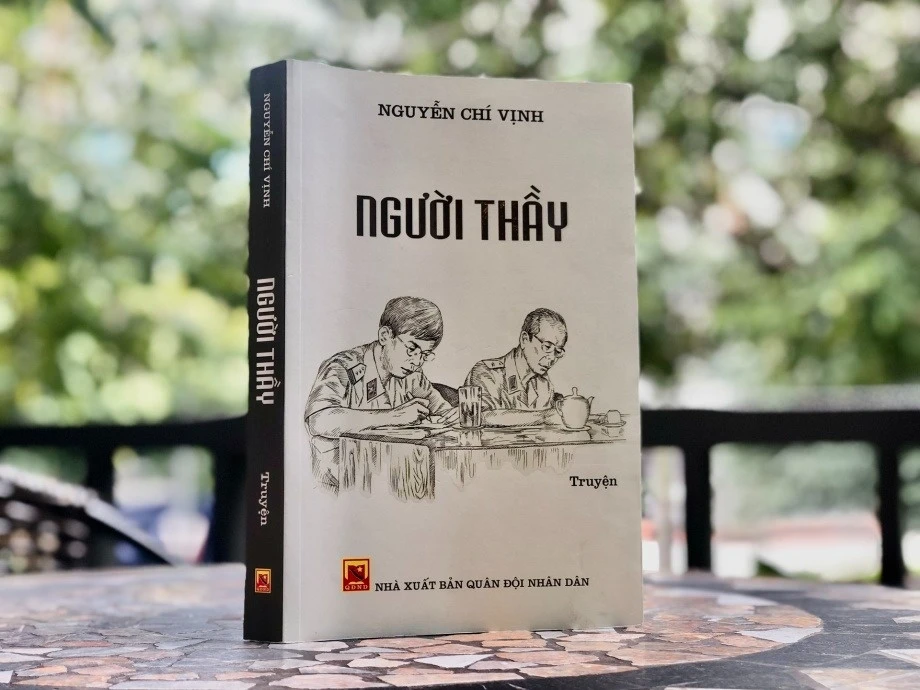







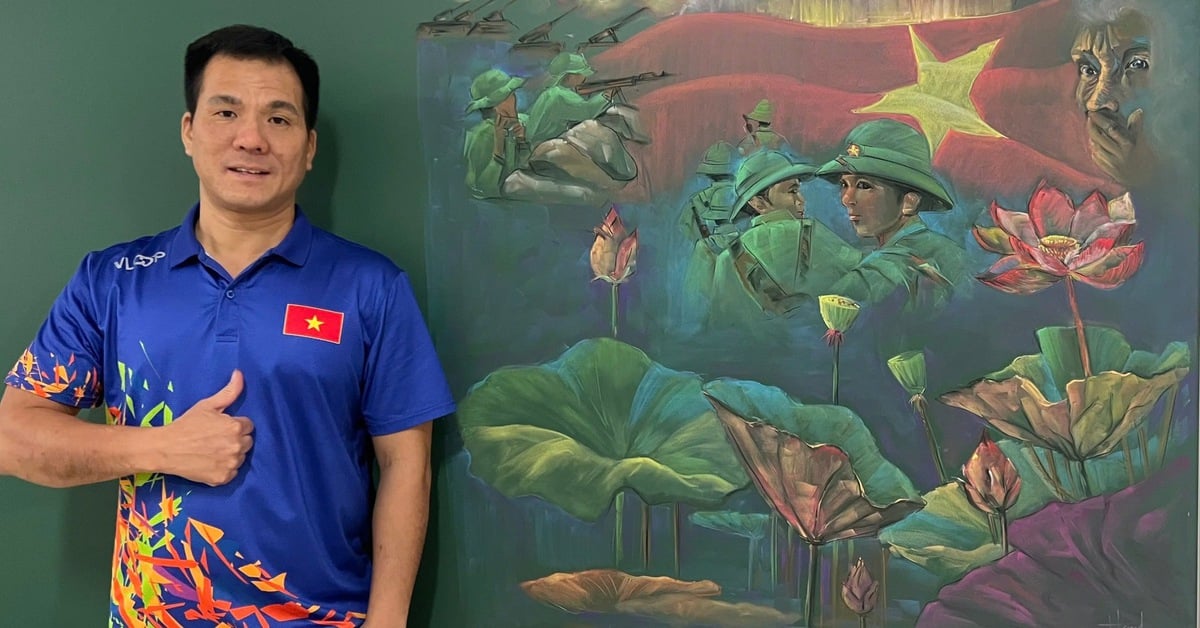

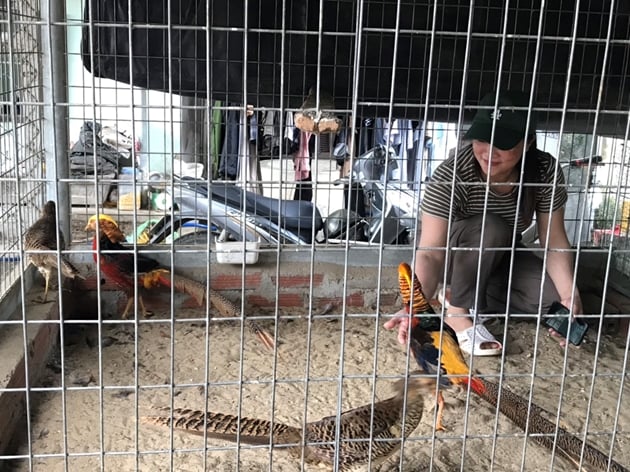


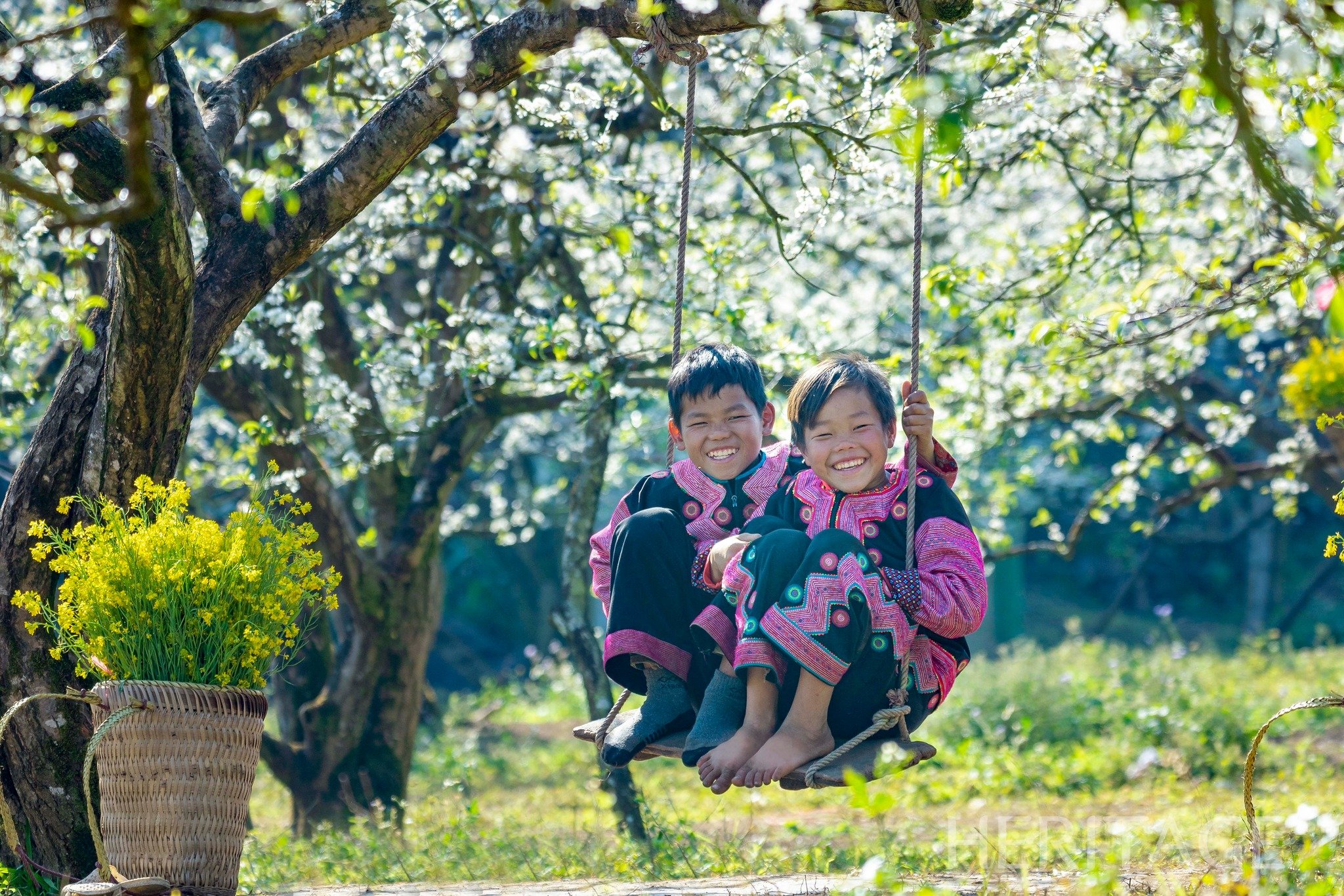
Comment (0)